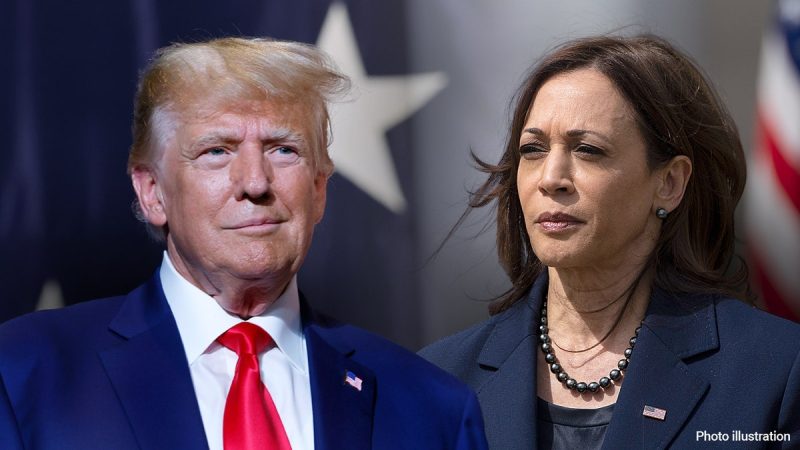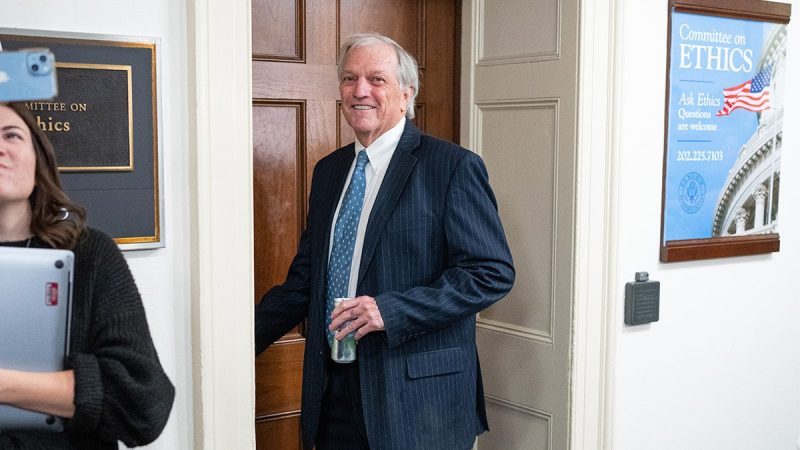LEE CARTER: Election 2024’s top lesson is about one crucial thing and we need to learn from it

It’s a funny thing. When you listen to voters, they will tell you what they think. I have spent the last two years talking to voters about the election, the candidates, the messages, the attacks, and more. And based on everything I learned, I’m not surprised that Donald Trump clinched the presidency. The outcome of Tuesday’s election followed a predictable pattern, one that was clear to those of us who were willing to take a hard look at the signs.
From the outset, the writing was on the wall. Record-low satisfaction with the country’s direction, coupled with persistent issues like inflation and a struggling economy, painted a stark picture of discontent. Yet, the Biden-Harris administration spent much of their time spinning a different narrative—one that painted a rosy picture of a thriving nation. They pointed to academics and elites to validate how great things were, all while dismissing the kitchen-table concerns that most Americans faced day in and day out.
Anyone who dared question them—who believed things might have been better just four years ago—was labeled as a uneducated or ill-informed. If they dared to align themselves with Trump they would be called racist, misogynist, fascist, or, worse, a Nazi. That’s a hard sell to a frustrated electorate.
Vice President Kamala Harris started her campaign with a burst of energy, and an effort to turn the page on Joe Biden’s lack luster numbers and support. At first, all the signals and vibes made it seem that she had the potential to give Trump a real run for his money.
She moved the conversation from fear—a ‘threat to democracy’—to a more optimistic, hopeful vision—’a fight for our freedom.’ For a brief moment, it worked. She surged in the polls, going from -5 to +3 in a matter of days. It was an impressive rallying cry—’When we fight, we win’—and it was almost enough to shake up the race.
But then came the moment when she couldn’t answer the simplest, most crucial question: What are you going to do differently than Joe Biden? It wasn’t an unfair question. But every time Harris was asked, she failed to offer a meaningful response. As a communications strategist, I couldn’t believe that no one had prepped her for such a basic ask. It was an easy question to answer, one that she could have addressed without throwing Biden under the bus, yet she couldn’t find the words.
Instead of rallying support, Harris reverted to negative, combative messaging. And then Biden stoked the flames with his ‘garbage’ remark. Mark Cuban joined the chorus of criticism, saying that Trump didn’t associate with ‘strong, intelligent women,’ further alienating voters. You can’t belittle people and expect them to respond positively, yet that’s exactly what happened. And so, by the time she appeared at the Ellipse to deliver her closing argument, it was far too late. The opportunity for a clear, decisive rallying cry had passed.
Trump, on the other hand, played the situation brilliantly. He didn’t retaliate with anger or bitterness; instead, he turned the criticism into part of his persona. The showman showed up, quite literally, with a garbage truck. He wore the insults as a badge of honor in the form of a neon orange vest, which only emboldened his base and solidified his supporters’ loyalty.
Trump’s campaign wasn’t just about negativity—though that’s what grabbed the most media attention. His rallies started with a simple, resonant question: Are you better off today than you were four years ago?
His promise was straightforward: He would fight—not just for himself, but for the American people. He painted a picture of a new golden age for the nation, urging people to dream big again. And many Americans, especially those struggling with rising costs and stagnant wages, bought what he was selling.
The more Trump was attacked, the more his base pushed back. They weren’t swayed by the relentless barrage of criticism, which they saw as nothing more than the ‘cry wolf’ tactic. By Election Day, they had grown immune to the barrage of insults, and what they saw was someone who wasn’t the authoritarian the media painted him to be.
In the end, what we witnessed was a rejection of the Biden-Harris administration—and the elite who look down on them. It was a clear message from voters that they were fed up with a system that didn’t seem to be working for them. It wasn’t about a rejection of liberalism or progressivism per se, but rather a deep frustration with an establishment that failed to recognize the realities facing everyday Americans. An establishment that looked down on them and judged them for their lived experiences.
What we have now is a Republican Party that’s no longer defined by traditional conservatism but by a powerful anti-establishment rage. It’s a rebellion against the elites who, for too long, told people what to think, how to feel, and what was considered acceptable.
It’s a wake-up call for those in power. They need to reconsider how they engage with, and address, the real concerns of the people they aim to serve. The country is clearly divided, and the way forward will require a willingness to listen, to empathize, and to acknowledge that there are multiple, often conflicting, experiences and realities that make America what it is.
For some, today marks a new beginning—a ‘morning in America,’ as President Ronald Reagan once put it. For others, it feels like a mourning of America, a nation they no longer recognize.
Regardless of where you stand, let’s remember that we live in a remarkable, free country. We are better together, and we are better when we choose to build bridges rather than burn them.




